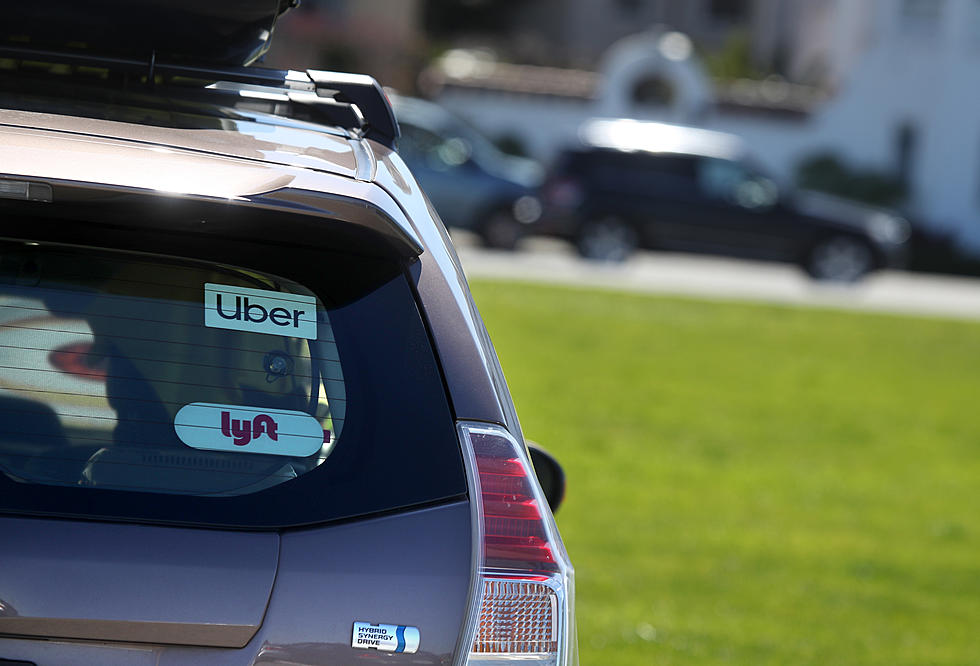
Why All Minnesotans Should Care About What’s Going On With Uber + Lyft In Minneapolis
An ordinance that was just passed in Minneapolis could have far-reaching impacts, even on people who live way beyond the borders of Minnesota's largest city.
What is the Minneapolis ordinance in question?
The Minneapolis City Council passed on Thursday an ordinance that would guarantee minimum pay for rideshare drivers operating in the city. WCCO TV reports that the ordinance was passed by the council by a vote of 9-4.
The ordinance establishes a series of minimum compensation rules that include at least $1.40 per mile and $0.51 per minute for time transporting a rider along with a $5 minimum per trip, guarantees of 80% of canceled ride fares, and a series of additional specifics for various scenarios met by rideshare drivers.
While the idea of establishing a minimum amount of pay to workers in a certain industry doesn't necessarily sound like a bad thing, the city's mayor asked the Minneapolis City Council not to pass the proposed ordinance before they held their vote on Thursday.
What is the objection to the ordinance?
The primary opposition comes from rideshare companies like Uber and Lyft, who would be on the hook for these minimums, costing the companies more to operate in Minneapolis. When this ordinance was proposed, both Uber and Lyft threatened to quit providing service in the city if the ordinance were passed.

Minneapolis Mayor Jacob Frey commented on Wednesday (via KSTP) that while he wasn't concerned about the potential financial implications this would have for companies like Lyft and Uber, he was concerned about the impact of Uber and Lyft leaving the city.
Frey did say he would veto the ordinance due to this concern, but the supermajority vote in favor of the ordinance is enough to override a veto from Mayor Frey.
When would Uber and Lyft stop providing service?
If these rideshare companies hold firm on their threat to cease operations in Minneapolis because of the ordinance, WCCO reports both companies say they would quit providing ridesharing service in the city starting on May 1, 2024.
This is the date the ordinance would go into effect.
How does this impact non-residents?
Even if you don't live in Minneapolis, this ordinance has far-reaching impacts around the region.
While many residents rely on ridesharing services to get around the city, non-residents will feel impacts too. Anyone visiting the Twin Cities from outstate Minnesota for a concert or sporting event, for example, wouldn't be able to get a ride using these services in the city.
This would reach beyond just regional visitors, making transportation around the city for visitors from elsewhere in the country more difficult, as the services are heavily relied upon by visitors when traveling to other places. Some point to potential tourism and economic impacts to the Twin Cities area and to the state overall because of this.
Mayor Frey called the vote "irresponsible", pointing to a statewide report on rideshare services that is due to be published Friday by a committee established by Governor Walz.
Frey said that this data would be helpful in making a more informed ordinance that is a "win-win" for all involved parties.
We'll have to see how Mayor Frey and the Minneapolis City Council proceed, but the clock is now ticking before Uber and Lyft could cease service in Minnesota's largest city.
20 Most Expensive Counties In Minnesota To Live In
Gallery Credit: Nick Cooper - TSM Duluth
